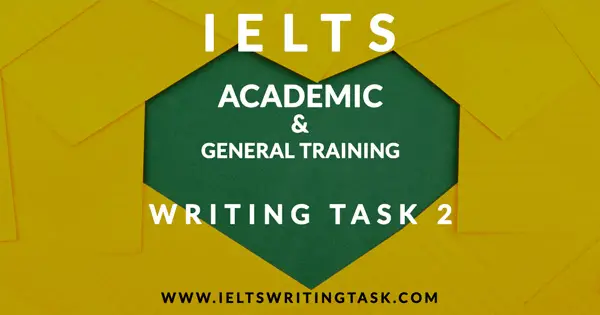“The government should lower the budget on the arts in order to allocate more money to education. To what extent do you agree? “
Sample Answer:
As a professional in the field of education, I strongly believe that the government should prioritize funding for education over the arts. While the arts are undoubtedly important for cultural enrichment and creativity, the foundational knowledge and skills gained through education are essential for the development of a well-rounded and successful society.
Firstly, education is the key to unlocking individual potential and creating a skilled workforce. By allocating more resources to education, the government can ensure that schools are adequately equipped with modern facilities, up-to-date materials, and qualified teachers. This will ultimately improve the quality of education and better prepare students for the challenges of the future job market.
Furthermore, investing in education has long-term benefits for society as a whole. A well-educated population is more likely to contribute positively to the economy, engage in informed decision-making, and participate actively in civic life. By prioritizing education funding, the government can help to reduce inequality, improve social mobility, and foster a more cohesive and prosperous community.
On the other hand, while the arts are undoubtedly valuable, they can often be supported through alternative means such as private funding, sponsorship, and philanthropy. Many arts organizations and initiatives already rely on non-governmental sources of income, and reducing public funding for the arts may encourage greater innovation and self-sufficiency within the sector.
In conclusion, while the arts undoubtedly have their place in society, I believe that the government should lower the budget on the arts in order to allocate more money to education. By doing so, the government can ensure that education remains a top priority, providing the necessary foundation for individual success and societal advancement.
